In a world where reading is the key to unlocking knowledge, the science of reading professional development is like the secret sauce that turns teachers into literacy superheroes. Imagine educators equipped with the latest research-backed strategies, transforming their classrooms into vibrant spaces where every child thrives. It’s not just about teaching kids to read; it’s about igniting a lifelong love for learning.
Table of Contents
ToggleUnderstanding The Science Of Reading
The science of reading integrates research from various fields to improve literacy instruction. It highlights evidence-based practices that enhance reading skills for all students.
Key Principles
Phonemic awareness lays the foundation for reading by enabling children to understand and manipulate sounds in words. Phonics instruction connects sounds to letters, facilitating word recognition. Additionally, vocabulary development enriches comprehension by expanding the words students know and use. Fluency fosters automaticity in reading, allowing students to focus on meaning rather than decoding. Comprehension strategies equip students with tools to understand and analyze texts effectively.
Importance In Education
Understanding the science of reading significantly impacts educational outcomes. It creates a structured approach to literacy that supports diverse learning needs. Training in this area empowers teachers to implement proven methods, enhancing their instructional effectiveness. Research shows that when teachers apply science-backed strategies, students demonstrate improved reading skills and greater engagement. Educators equipped with these insights foster an environment where all children can develop essential literacy skills.
The Role Of Professional Development
Professional development plays a crucial role in advancing educators’ understanding of the science of reading. Engaging in ongoing training equips teachers with the necessary tools to enhance literacy instruction.
Benefits For Educators
Professional development fosters a deeper understanding of reading science principles among educators. Teachers gain insights into effective strategies for phonemic awareness, phonics, vocabulary, fluency, and comprehension. Accessing research-backed methods sharpens their instructional techniques. Collaboration with peers during training sessions creates a supportive network for sharing practices and challenges. Increased confidence in implementing evidence-based strategies leads to greater satisfaction and job performance. Enhanced knowledge transforms teaching approaches, ultimately benefiting educators and their students.
Impact On Student Learning
Professional development directly influences student learning outcomes. When teachers apply science of reading principles, they create engaging literacy environments. Students benefit from structured reading instruction tailored to diverse learning needs. Improved phonemic awareness and vocabulary development translate into better comprehension skills. Greater teacher effectiveness fosters increased student engagement and motivation. Ultimately, a well-prepared educator enhances students’ lifelong love for reading and learning.
Effective Professional Development Models
Effective professional development models prioritize research-backed strategies and promote collaborative learning environments. These approaches significantly enhance educator effectiveness in teaching reading.
Research-Based Strategies
Research-based strategies form the core of effective literacy instruction. Teachers benefit from training in phonemic awareness, phonics instruction, vocabulary development, fluency, and comprehension strategies. The National Reading Panel’s findings support these methods for improving student outcomes. Each strategy contributes to a structured approach that meets diverse learning needs, ensuring all children can thrive. Additionally, ongoing training in these areas equips educators to implement proven techniques confidently. Adoption of data-driven practices fosters a culture of continuous improvement, resulting in a more impactful educational experience.
Collaborative Learning Environments
Collaborative learning environments encourage peer-to-peer support among educators. Such settings promote sharing of best practices, enhancing professional growth. Teachers thrive when they engage in collegial discussions, leading to improved instructional techniques. Participation in professional learning communities fosters a sense of belonging and accountability. As educators collaborate, they build a supportive network, creating an atmosphere conducive to innovation. This teamwork ultimately enhances practices aligned with the science of reading, driving student engagement and success in literacy.
Challenges In Implementing Professional Development
Implementing professional development in the science of reading presents several challenges. These challenges can hinder educators from fully embracing research-backed strategies.
Resistance To Change
Resistance to change affects many educators when it comes to adopting new teaching methods. Comfort with established practices often leads to reluctance in exploring innovative approaches. Many teachers may fear that new strategies will disrupt their existing routines or complicate their lesson planning. Additionally, previous negative experiences with professional development can contribute to skepticism. Overcoming this resistance requires strong leadership that promotes the benefits of research-based practices and addresses concerns. Encouraging teachers to participate in collaborative learning environments can facilitate understanding and ease the transition.
Resource Limitations
Resource limitations significantly impact the ability to implement effective professional development. Budget constraints can restrict access to high-quality training programs and materials. Limited time for professional development during school hours presents additional challenges. Teachers may struggle to find opportunities for meaningful engagement with reading science principles. Furthermore, a lack of administrative support can leave educators feeling isolated in their efforts. Prioritizing time and funds for professional development ensures that educators receive the necessary training to enhance literacy instruction effectively. Addressing these limitations enhances the potential for successful implementation of reading strategies.
The journey toward effective literacy instruction hinges on the commitment to professional development in the science of reading. By embracing research-backed strategies and fostering collaborative environments, educators can significantly enhance their teaching methods. This transformation not only benefits teachers but also cultivates a love for reading among students.
Despite the challenges of resistance to change and resource limitations, prioritizing ongoing training can yield profound benefits. As educators become more confident in their approaches, they create classrooms that inspire curiosity and engagement. Ultimately, investing in professional development is essential for nurturing a generation of skilled readers ready to tackle the complexities of lifelong learning.



